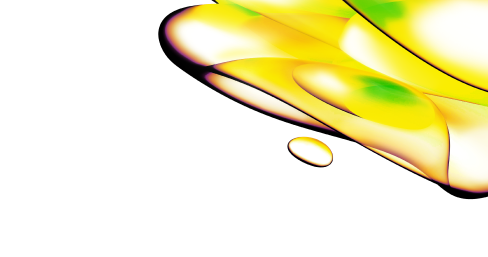Resource Center
Explore Resource Types
We have housed the technical documents (SDS, COAs, Manuals and more) in a dedicated section.
Explore all All Resources
Filters
Select resource types (1)
Select products & services
Select solutions
Active Filters (1)
Clear All
121 - 132 of 140 Results
Sort by:
Best Match
AlphaLISA Acetyl‑Histone H3 lysine 9 (H3K9ac) cellular assay
This technical note provides information on how the AlphaLISA immunodetection assay detects variations in acetylated histone H3 lysine 9 (H3K9ac) levels within cellular extracts
AlphaLISA DOT1L histone H3 lysine-N-methyltransferase assay
This Technical Note will provide you with guidelines on the optimization of a DOT1L enzymatic assay using oligonucleosomes as the substrate
Assessing AST released in a cell culture model of liver toxicity using AlphaLISA
In this technical note, we showcase the utility and advantages of using AlphaLISA assays to identify and quantify AST protein levels in cellular lysate and supernatant from a human hepatoma cell line
AlphaLISA for biomarkers in urine: Measuring the renal tubular injury indicator, β2-microglobulin
In this study, AlphaLISA™ technology is demonstrated for the first time in the complex matrix of urine, and is shown to detect the renal tubular injury marker Beta2-microglobulin (β2-microglobulin), in urine at a sensitivity
AlphaLISA Di/Mono-Methyl-Histone H3 Lysine 27 (H3K27me2-1) cellular detection kit
The AlphaLISA™ immunodetection assay tracks variations in cellular extract levels of di-methylated histone H3 lysine 27 (H3K27me2-1)
Designing your own AlphaLISA assay: Selecting toolbox bead pairs to avoid potential bead-bead interactions
This technical note provides recommendations on bead pairings, highlighting host species of antibodies on each toolbox bead, along with data generated in the absence of analyte and other assay components.
Non-linear contrast mode using the Vega ultrasound system
This technical note discusses non-linear contrast mode on the Vega ultrasound system and VesselVue microbubble contrast agents to enhance visualization and quantification of blood flow and blood perfusion.
Measure aggregated protein phosphorylation
This technical note shows that by combining the protein disaggregation kit with HTRF™ phospho immunoassays, you have a new, easy-to-use, and reliable approach for detecting all phosphorylation events during protein aggregation.
Key success tips to perform β-arrestin 2 recruitment assays by using the B-arr2 recruitment kit with GPCRs
This technical note provides valuable tips for performing B-arr2 recruitment assays on adherent cell lines overexpressing GPCRs.
PROTAC degraders targeting CDK4/CDK6 for the study of cell cycle regulation in oncology
Explore the cell cycle with AlphaLISA™ SureFire® Ultra™ and investigate Cyclin D1 and key proteins' roles in cancer prognosis, PROTAC, and NRG1 treatments.
Detecting changes in phosphorylation events during the cell cycle
Explore how Lamin A/C phosphorylation impacts the cell cycle. AlphaLISA™ SureFire® Ultra™ technology offers sensitive detection of cell dynamics.
Guideline for PBMC freezing
This technical note describes a protocol for freezing and thawing PBMC and provides details on functional validations after freezing the procedure compared to fresh PBMC.


Looking for technical documents?
Find the technical documents you need, ASAP, in our easy-to-search library.




























